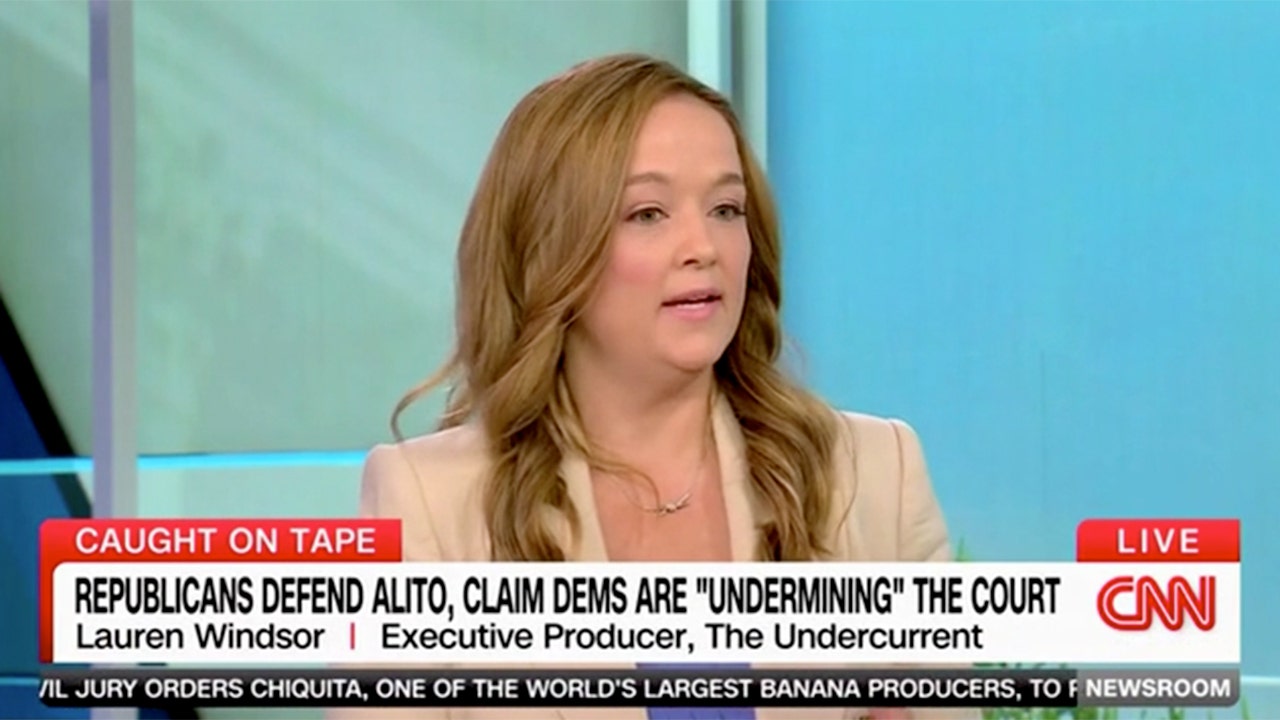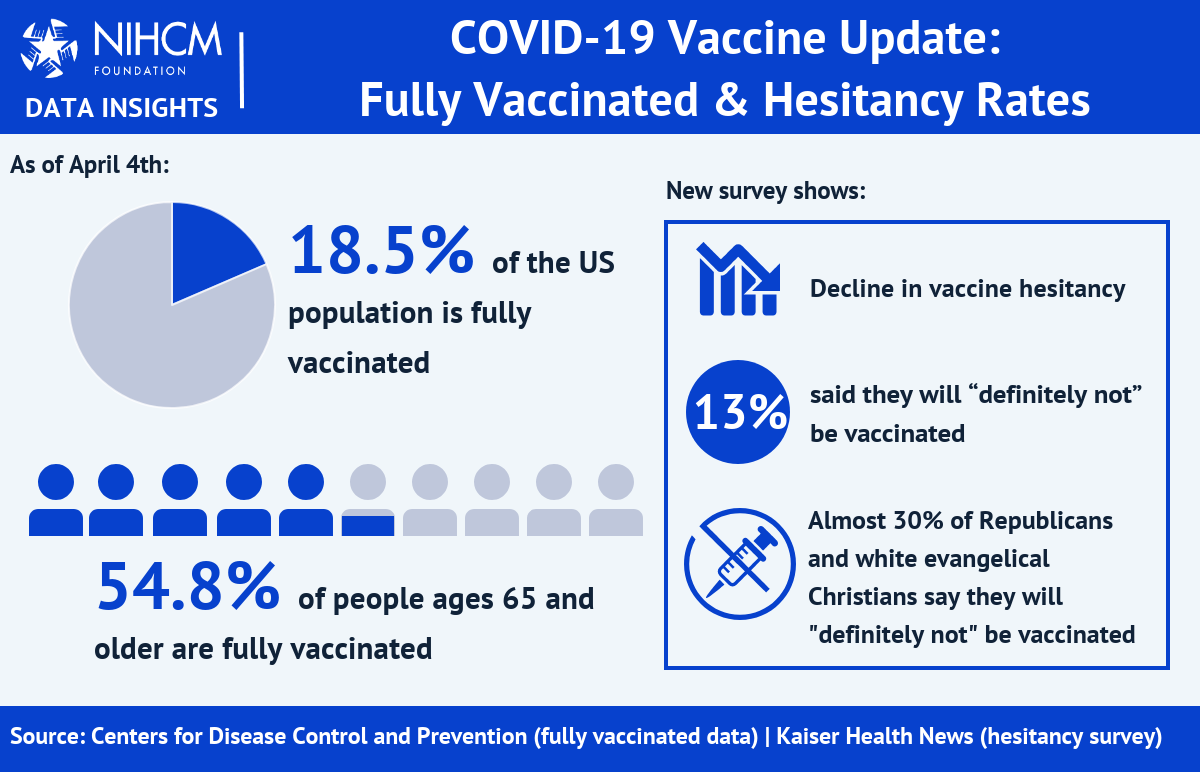Assessing The Impact: Alito And Roberts' Legacy After Two Decades

Table of Contents
Two decades have passed since Justices Samuel Alito and John Roberts ascended to the Supreme Court. Their tenures have profoundly shaped American jurisprudence, leaving an indelible mark on constitutional law and societal norms. This article assesses their combined legacy, examining key decisions and their broader impact on American society. We will explore their judicial philosophies, landmark rulings, and the ongoing debate surrounding their influence on the Alito and Roberts Supreme Court legacy.
Judicial Philosophies: Originalism vs. Pragmatism
Justices Alito and Roberts represent distinct, yet sometimes overlapping, judicial philosophies. Alito is widely considered a strict originalist, emphasizing textualism and original intent. This means he prioritizes the literal meaning of the Constitution's text as understood at the time of its ratification. Roberts, while often described as conservative, takes a more pragmatic approach, sometimes deviating from strict originalism to achieve specific legal or political outcomes. This difference has created both tension and interesting dynamics within the Court.
- Alito's emphasis on textualism and original intent: He believes the Constitution should be interpreted based on its original meaning, resisting evolving societal norms. This approach has been evident in his opinions on issues like gun rights and abortion.
- Roberts' occasional swing votes and strategic considerations: Chief Justice Roberts has shown a willingness to compromise or deviate from a strictly originalist interpretation to build consensus within the court, occasionally casting a deciding vote that surprises commentators. His vote in National Federation of Independent Business v. Sebelius (the Affordable Care Act case) is a prime example.
- Examples of cases showcasing these differing approaches: Dobbs v. Jackson Women's Health Organization (overturning Roe v. Wade) starkly contrasts Alito's originalist approach with Roberts' more nuanced considerations. The Students for Fair Admissions v. Harvard decision on affirmative action also illustrates the differing interpretations.
- Analysis of the tension between their philosophies within the court: The tension between these philosophies has shaped the composition and direction of the court, impacting the outcome of crucial cases.
Landmark Decisions Shaping American Society
The Alito and Roberts Supreme Court era has witnessed several landmark decisions with far-reaching consequences for American society. These rulings have significantly impacted areas like abortion rights, affirmative action, gun control, and religious freedom.
- Dobbs v. Jackson Women's Health Organization (Abortion Rights): This decision overturned Roe v. Wade, eliminating the constitutional right to abortion and returning the issue to individual states. The impact has been immediate and profound, sparking intense legal and political battles.
- Students for Fair Admissions v. Harvard (Affirmative Action): This ruling effectively ended affirmative action in higher education, impacting college admissions policies nationwide. The decision’s long-term implications on diversity in higher education remain to be seen.
- Bruen v. City of New York (Gun Control): This ruling significantly altered the legal framework for gun control, placing a high burden on states seeking to restrict firearm ownership. This has resulted in legal challenges to existing gun laws across the country.
- Cases impacting religious freedom: Several cases have shaped the legal landscape surrounding religious freedom, with decisions affecting religious displays in public spaces and the rights of religious employers. The impact on religious liberty is a subject of ongoing debate.
The Impact on the Political Landscape
The decisions handed down by the Roberts Court, heavily influenced by Justices Alito and Roberts, have profoundly impacted the American political landscape. These rulings have exacerbated political polarization and fueled the ongoing debate about the Supreme Court's role in a democratic society.
- The increased politicization of court appointments: The intense political battles surrounding Supreme Court nominations have further polarized the nation, increasing partisanship.
- The impact on public trust in the Supreme Court: The decisions by the Court, particularly those overturning precedent, have eroded public trust in the institution.
- The role of these decisions in shaping the political discourse: These decisions have fueled national debates and significantly impacted legislative agendas at the state and federal levels.
- Potential future ramifications for American politics: The long-term implications of these rulings remain uncertain, but their impact on the American political system and the ongoing struggle over the balance of power is undeniable.
The Roberts Court: A Legacy of Conservative Shifts
Chief Justice John Roberts' leadership has been instrumental in shaping the overall conservative shift of the Supreme Court. While possessing a more pragmatic approach than Justice Alito, his votes have consistently aligned with the Court's conservative majority.
- Roberts' role in key decisions: His votes have been crucial in many of the landmark cases mentioned above, solidifying the Court's conservative direction.
- His attempts to maintain the court's legitimacy: Roberts has attempted to maintain the Court's image of impartiality despite the significant political consequences of its rulings.
- Analysis of the court's overall conservative shift under his leadership: Under Chief Justice Roberts, the Court has moved significantly to the right, impacting numerous areas of American life.
Conclusion
This article has explored the profound and multifaceted impact of Justices Alito and Roberts on the American legal landscape over the past two decades. Their judicial philosophies, landmark decisions, and influence on the political climate have irrevocably shaped the nation's trajectory. The legacy of Alito and Roberts remains a subject of intense debate and scrutiny. Their influence on the Alito and Roberts Supreme Court legacy will continue to be analyzed and debated for years to come.
Call to Action: Continue the conversation! Share your thoughts on the long-term implications of the Alito and Roberts Supreme Court legacy. What are your predictions for the future of the court in light of their influence? Engage in the discussion and help shape our understanding of the Alito and Roberts Supreme Court impact.

Featured Posts
-
 The Future Of Buy Canadian Beauty Industry And Tariff Implications
May 20, 2025
The Future Of Buy Canadian Beauty Industry And Tariff Implications
May 20, 2025 -
 Manchester Uniteds Rashford Shines Aston Villa Defeated In Fa Cup
May 20, 2025
Manchester Uniteds Rashford Shines Aston Villa Defeated In Fa Cup
May 20, 2025 -
 Typhon Missile System Us Army Expands Pacific Deterrence
May 20, 2025
Typhon Missile System Us Army Expands Pacific Deterrence
May 20, 2025 -
 Hamilton Leclerc Collision Ferraris Chinese Gp Starts With Drama
May 20, 2025
Hamilton Leclerc Collision Ferraris Chinese Gp Starts With Drama
May 20, 2025 -
 Femicide A Deep Dive Into The Causes And The Recent Surge In Violence
May 20, 2025
Femicide A Deep Dive Into The Causes And The Recent Surge In Violence
May 20, 2025
